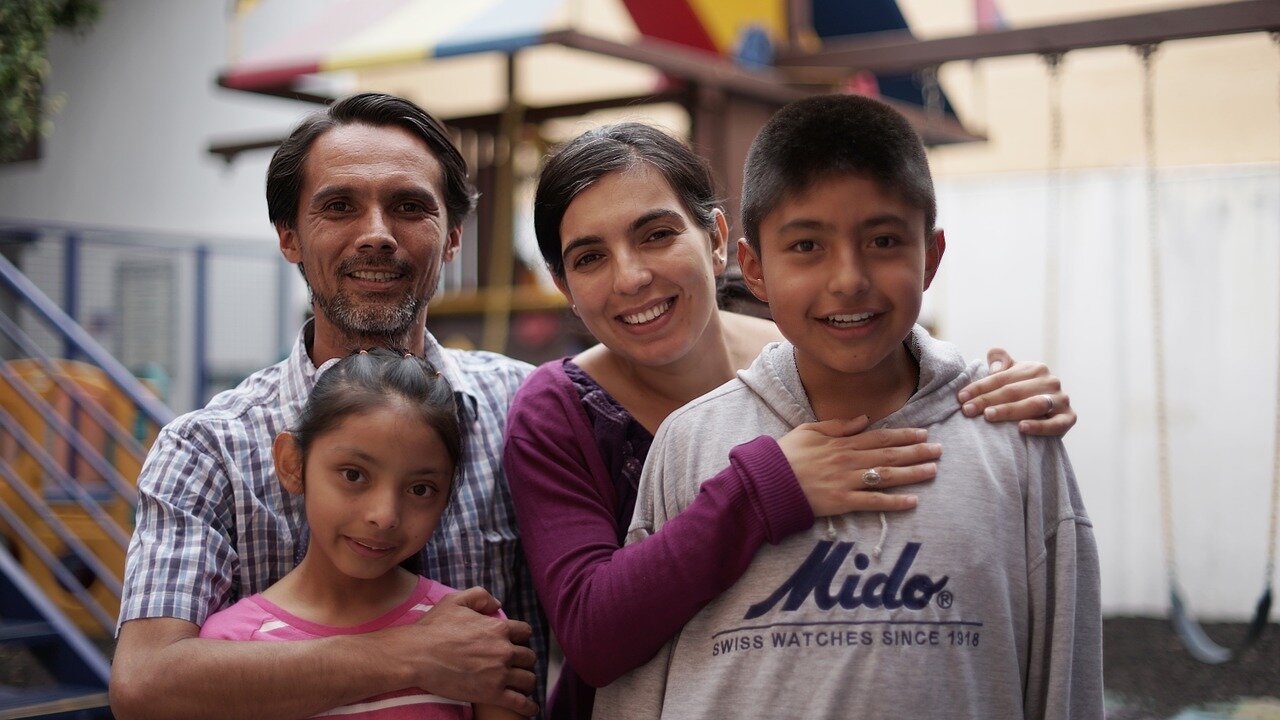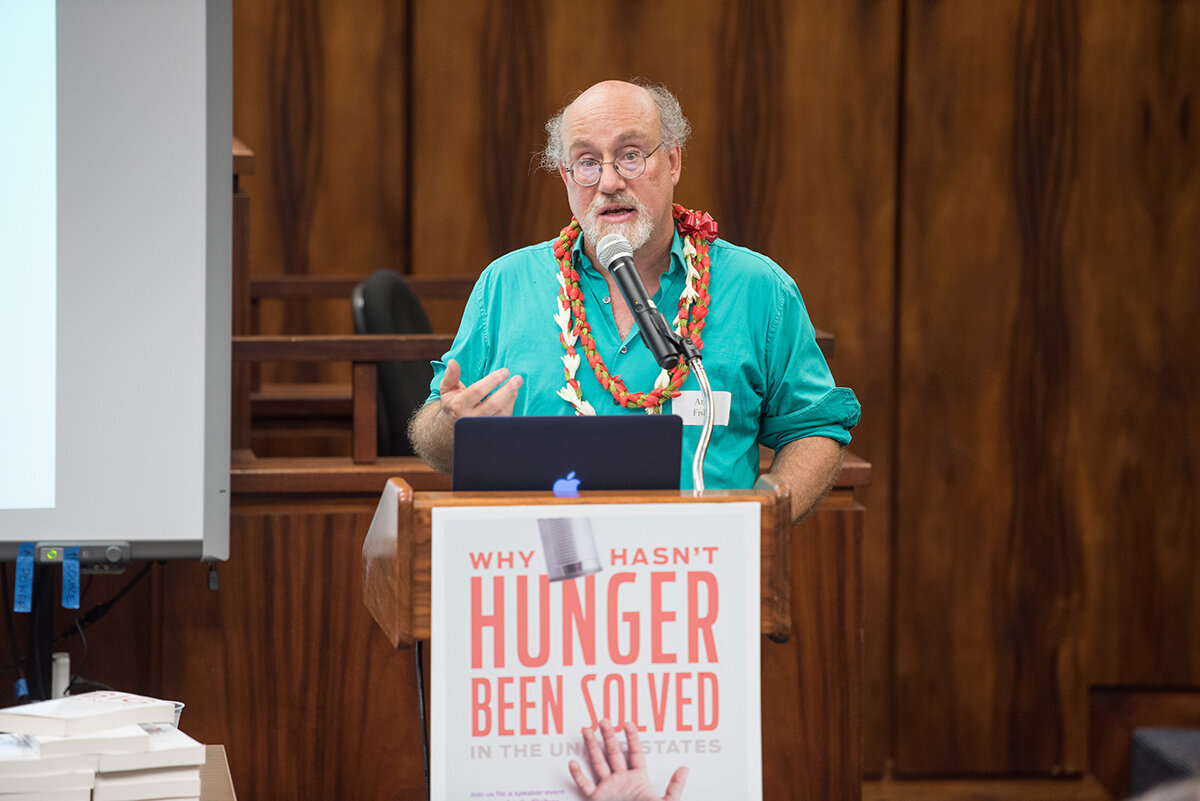
Trump’s Public Charge rule could cost Hawaiʻi tens of millions in revenue
The financial cost of the rule change is in addition to the harm done to the health and resilience of immigrant families through the “chilling” effect on benefits-use that has already been documented in Hawaiʻi.

No cause for panic: Hawaiʻi’s economy is OK
A quarter of slow growth is no reason for lawmakers to forgo important economic justice measures like raising the minimum wage.

“Occupy Hunger,” urges food justice advocate Andy Fisher
Our current system of addressing hunger in the U.S. overlooks the root causes of food insecurity—inadequate wages and community disinvestment.

Protecting SNAP benefits for Hawaiʻi’s working families and seniors
The Trump Administration is floating a proposed rule change that would take away food assistance benefits from struggling families.

Honolulu just moved to the forefront of vacation rental regulation
After 30 years, the county finally has the tools it needs to stop the proliferation of illegal short-term rentals.

Enforcement of vacation rental regulations would restore balance
More than one out of every 20 housing units statewide is now offered as a vacation rental; in some communities, as many as four out of every 10 housing units have been converted into STRs.

Public charge rule change would hurt Hawaiʻi’s economy
Not only would the proposed rule change adversely impact the standard of living of Hawaiʻi’s immigrant families, it would also harm Hawaiʻi’s overall economy.

Official poverty data obscures the reality faced by many Hawaiʻi residents
If you hear Hawaiʻi has one of the lowest official poverty rates in the nation, remember that doesn’t take into account our highest-in-the-nation cost of living.

Coming soon: The Hawaiʻi Budget and Policy Center
Hawaiʻi Appleseed is creating a new think tank focused on research and analysis of state budget and tax policy—the Hawaiʻi Budget & Policy Center (HBPC).

Appleseed releases 2016 State of Poverty report
The report brings together the most recent available data to provide a snapshot of how low-income residents have fared after the economic recovery from the Great Recession.
